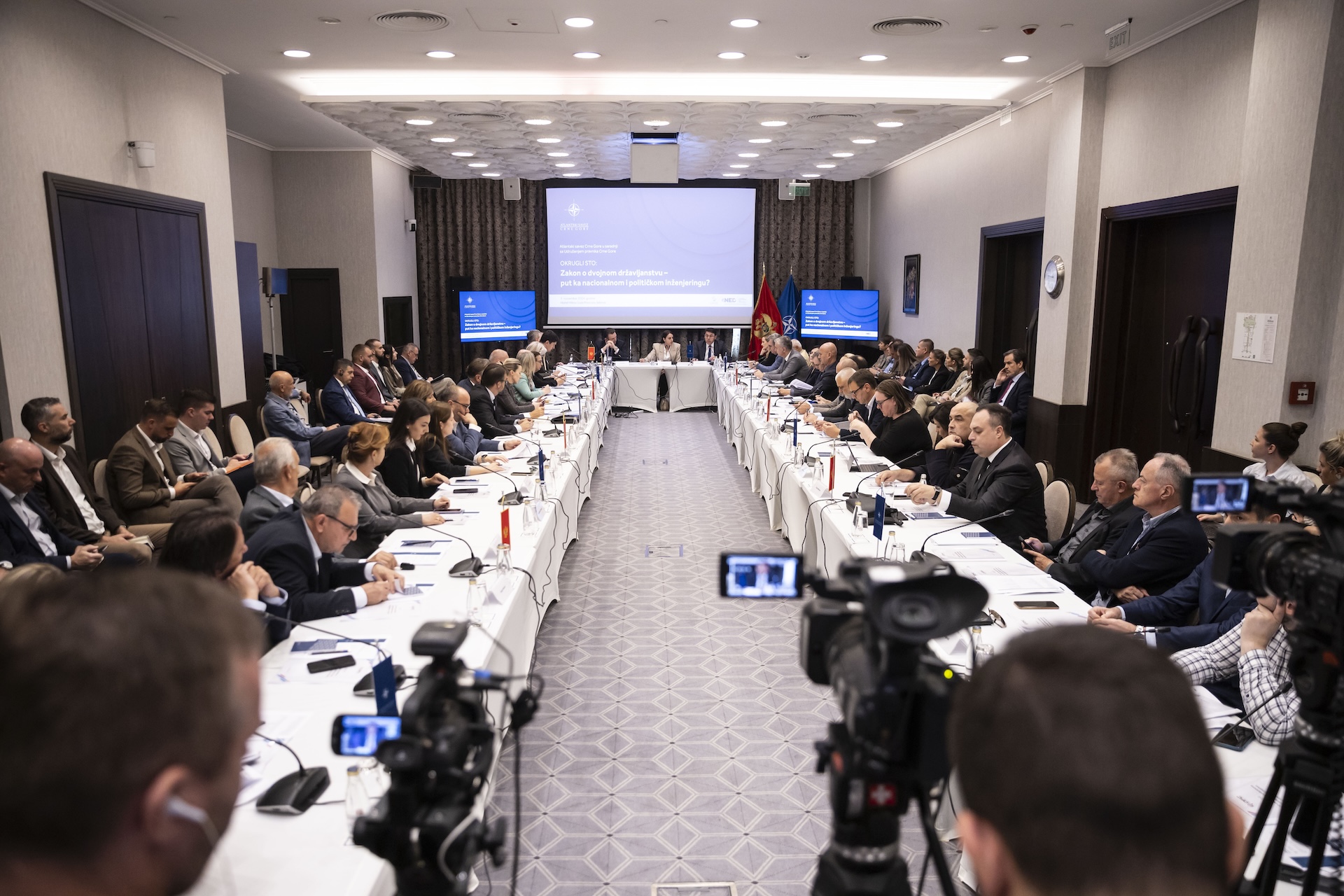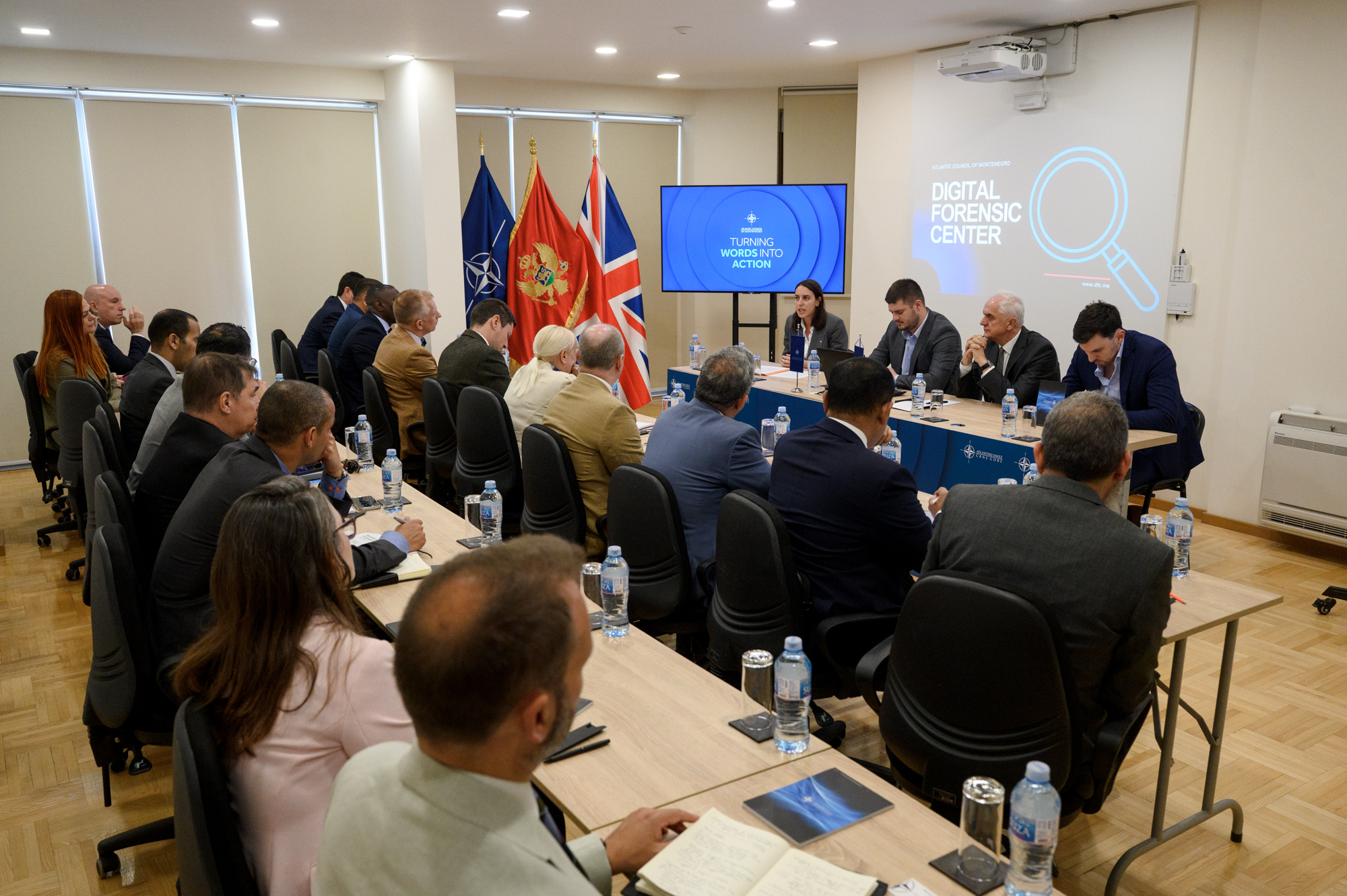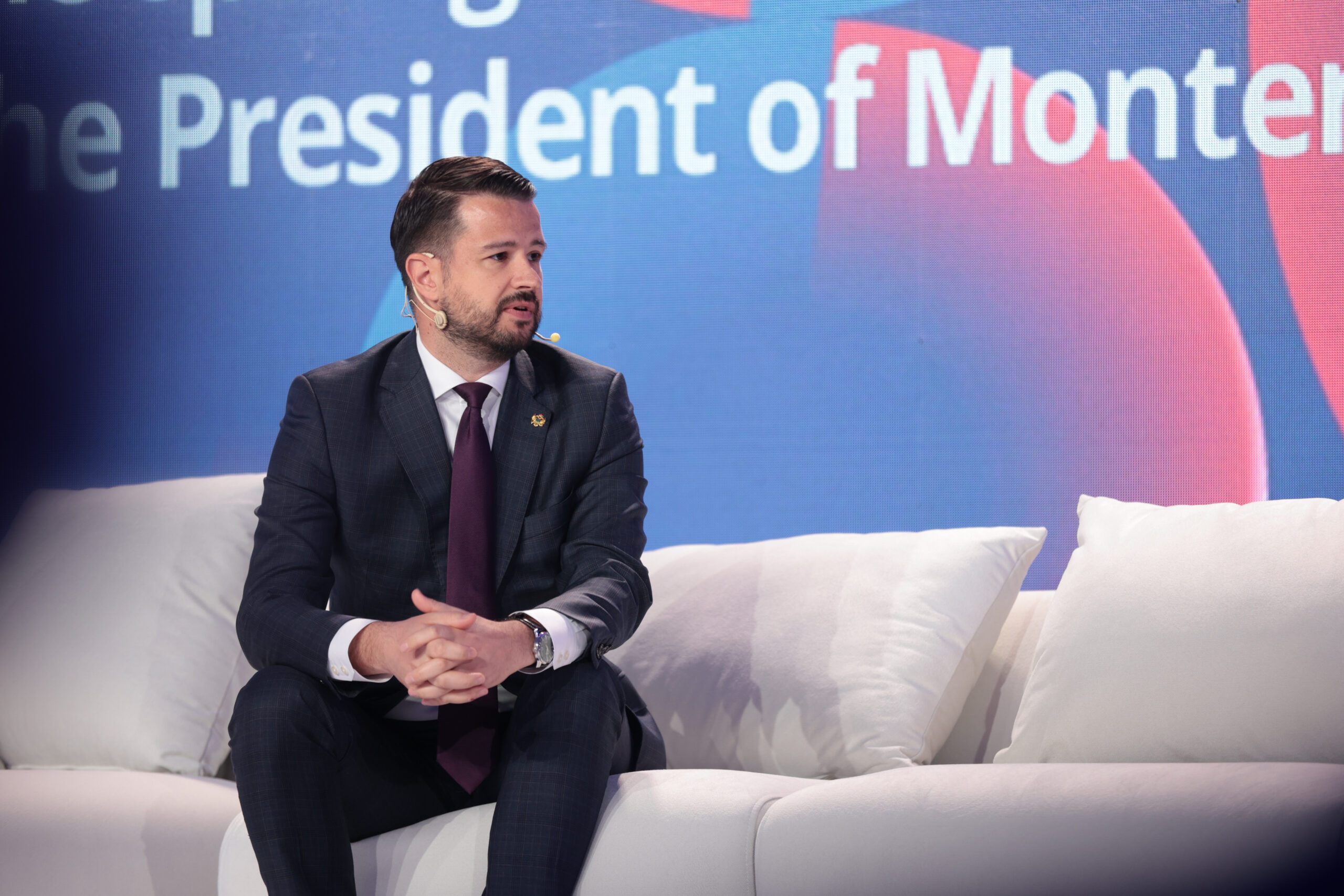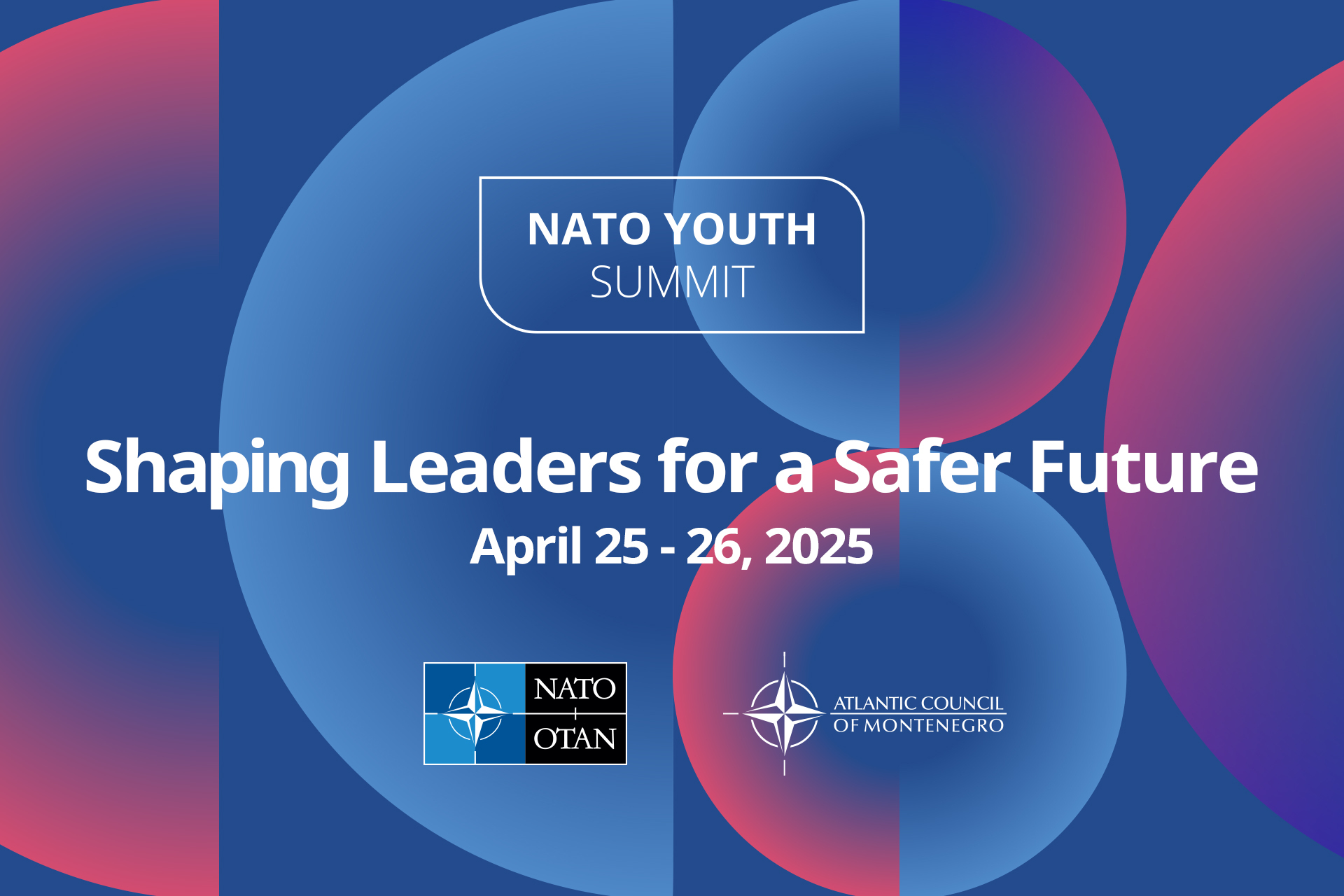The proposed dual citizenship law could have far-reaching political, security, demographic, and social consequences, potentially destabilizing Montenegro in the long term, reshaping the electoral process, and opening the door to election engineering.
Dual citizenship could also increase risks of foreign influence through infiltration into state security structures, raising concerns about the potential erosion of Montenegrin identity. These were some of the key points discussed at the roundtable titled “Dual Citizenship Law – A Path to National and Political Engineering?” organized by the Atlantic Alliance of Montenegro with support from the Bar Association of Montenegro.
The roundtable also highlighted concerns that the dual citizenship law might be adopted without transparency, public debate, or consultation with experts, which would undermine democratic processes in Montenegro.
According to Azra Karastanović, Executive Director of the Atlantic Council of Montenegro, representatives from the Ministries of Justice and Internal Affairs were invited to the event but did not attend.
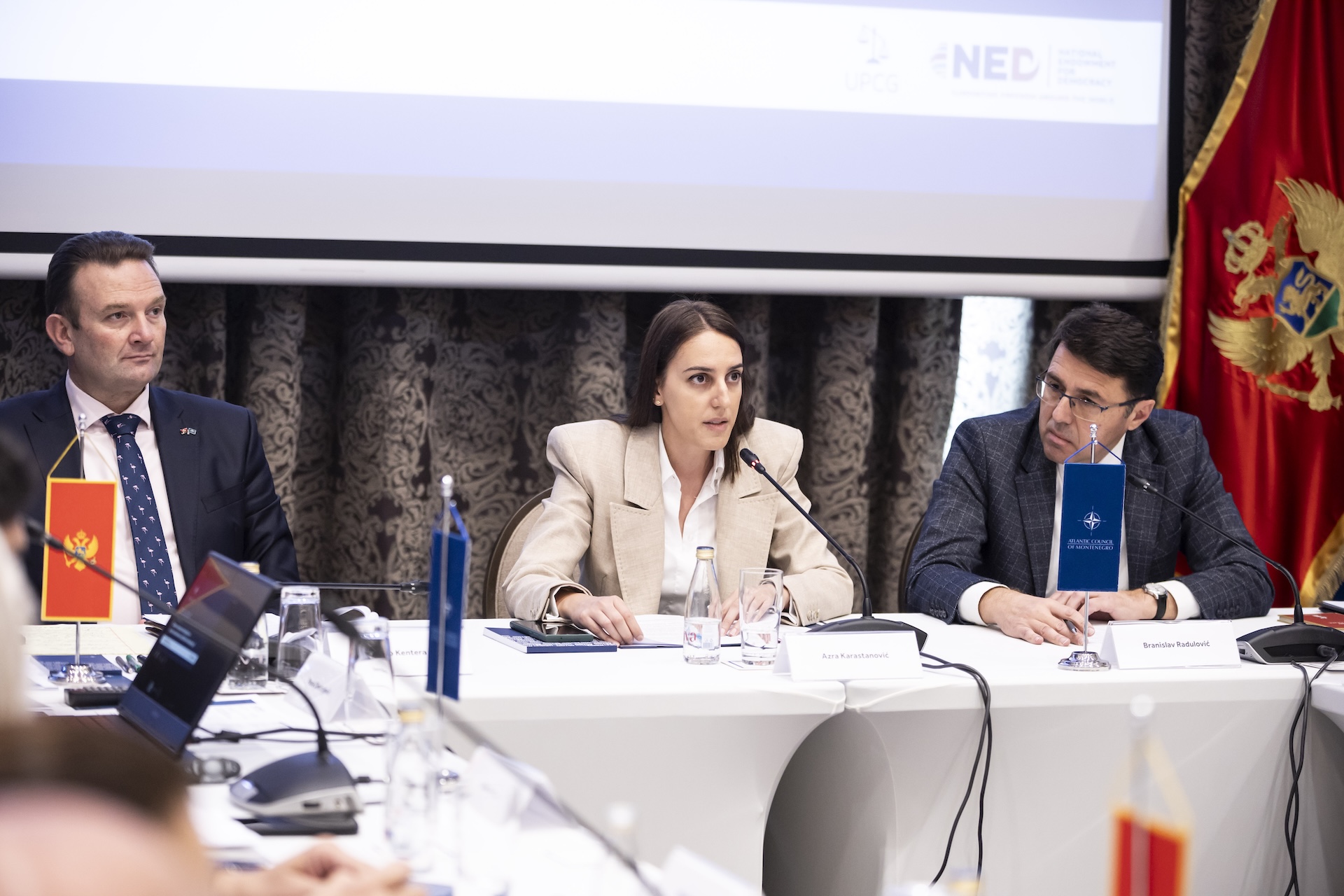
Branislav Radulović, President of the Bar Association of Montenegro, emphasized that citizenship is a fundamental aspect of state sovereignty and governance.

“Leading legal authorities believe that citizenship, together with state territory and voting rights, forms an essential part of a state’s constitutional sovereignty,” Radulović stated.
He explained that every state has the right to define the core elements of citizenship, including the conditions for acquiring or losing it.
“The issue of dual citizenship raises a very complex set of questions related to employment in state institutions, property matters, tax treatment, but above all, issues of military service obligations and the right to exercise active and passive voting rights,” Radulović notes.
Bojan Bugarin, a citizenship law expert, emphasized that the existing Citizenship Law clearly stipulates how Montenegrin citizenship is acquired. He recalled that Montenegro, after gaining independence, unsuccessfully negotiated with neighboring countries to establish individual agreements on citizenship.
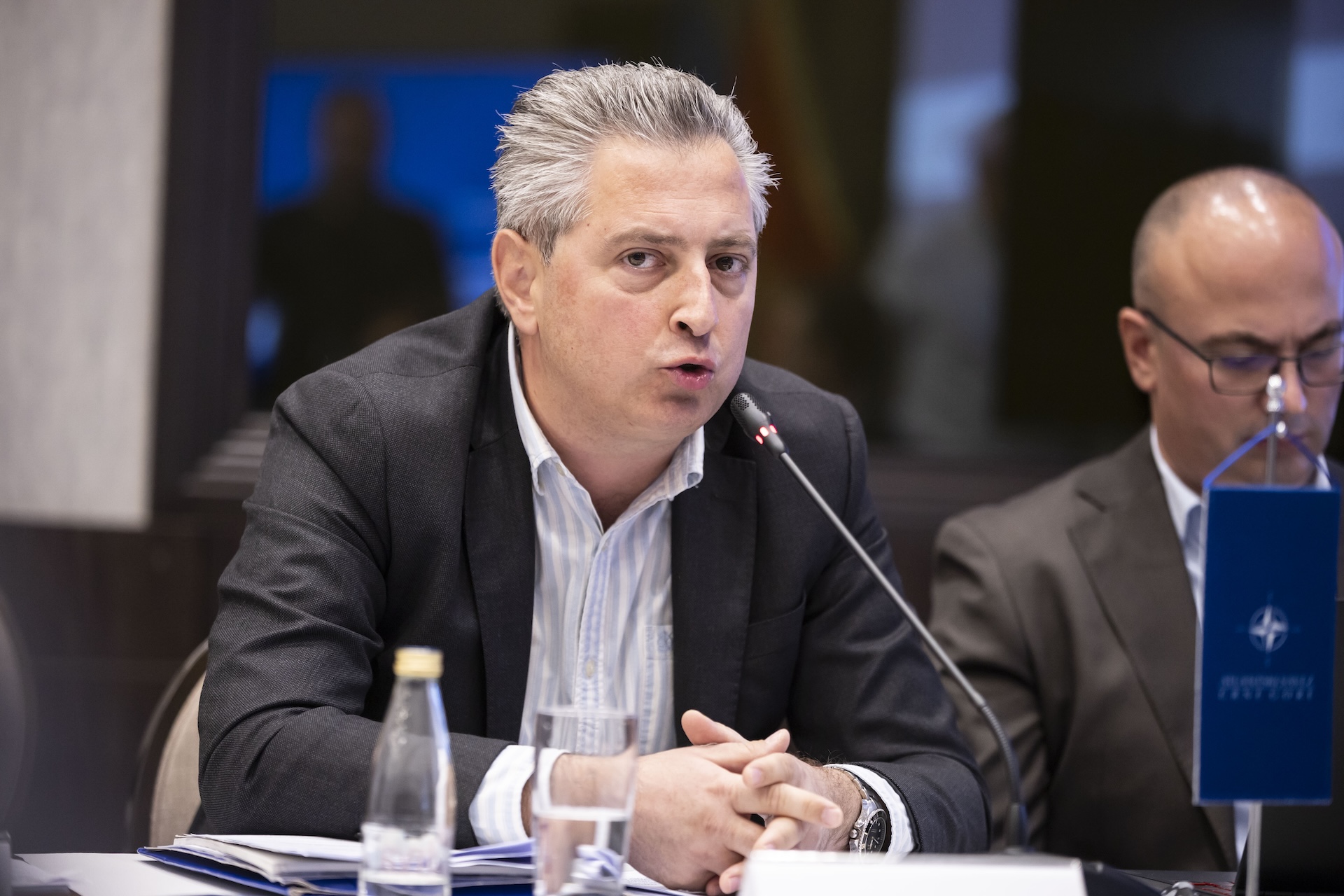
“We held four rounds of negotiations with the Republic of Serbia in 2008. We worked on the agreement, but the biggest obstacle was Serbia’s unwillingness to exchange data—data exchange is critical so that both parties can be informed when one of their citizens acquires the citizenship and residency of the other state, thereby gaining voting rights,” Bugarin explained.
He also noted that he does not consider the Montenegrin Citizenship Law restrictive.
“Poland, with nearly 40 million inhabitants, has granted 44,000 citizenships over 20 years. Montenegro, with a population of less than one million, has granted around 34,000 to 35,000 citizenships since 2006,” Bugarin emphasized, concluding that the policies of the current and future governments will determine—especially considering the demographic trends revealed by the census—whether Montenegrins will become a minority in Montenegro in 30 years, which, according to him, might even be the intended goal of certain political structures.
Pavle Dimitrijević from CRTA in Serbia spoke about how electoral engineering works in practice, explaining that CRTA’s findings show that once electoral engineering begins, regardless of the regulations and procedures in place, uncontrolled voter migration, and consequently altered voter will, cannot be prevented.
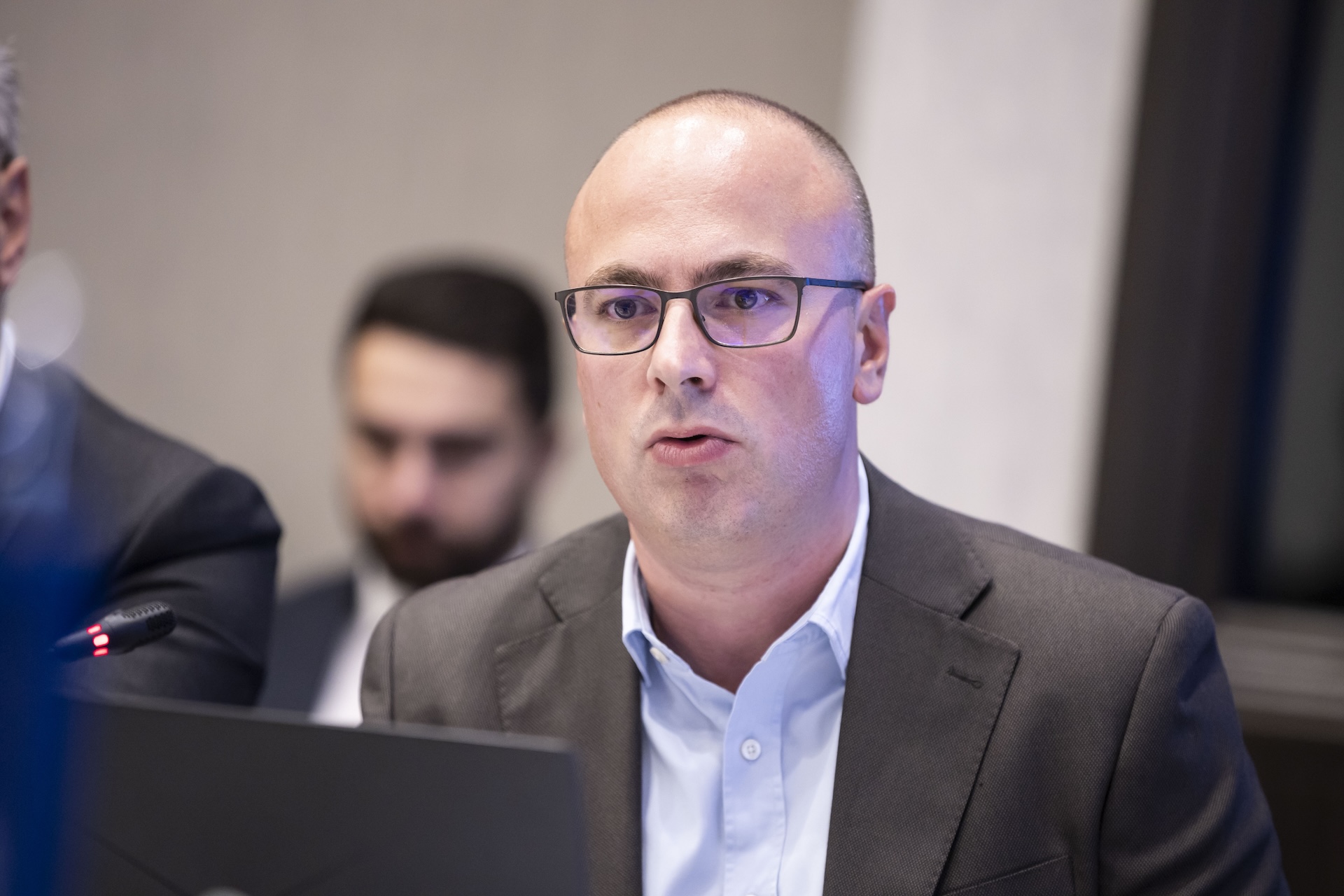
“In local elections in Belgrade last year, 24,000–30,000 voters crucially influenced the ruling party’s vote count. We found manipulations in residency, particularly with internal migration from areas without elections to areas where they were held, and manipulations with voters from Bosnia and Herzegovina,” Dimitrijević said.
Nikoleta Đukanović, an assistant professor at the University of Donja Gorica (UDG), voiced concerns that this law, like many other contentious laws, may be passed overnight, without public debate or expert consultation.
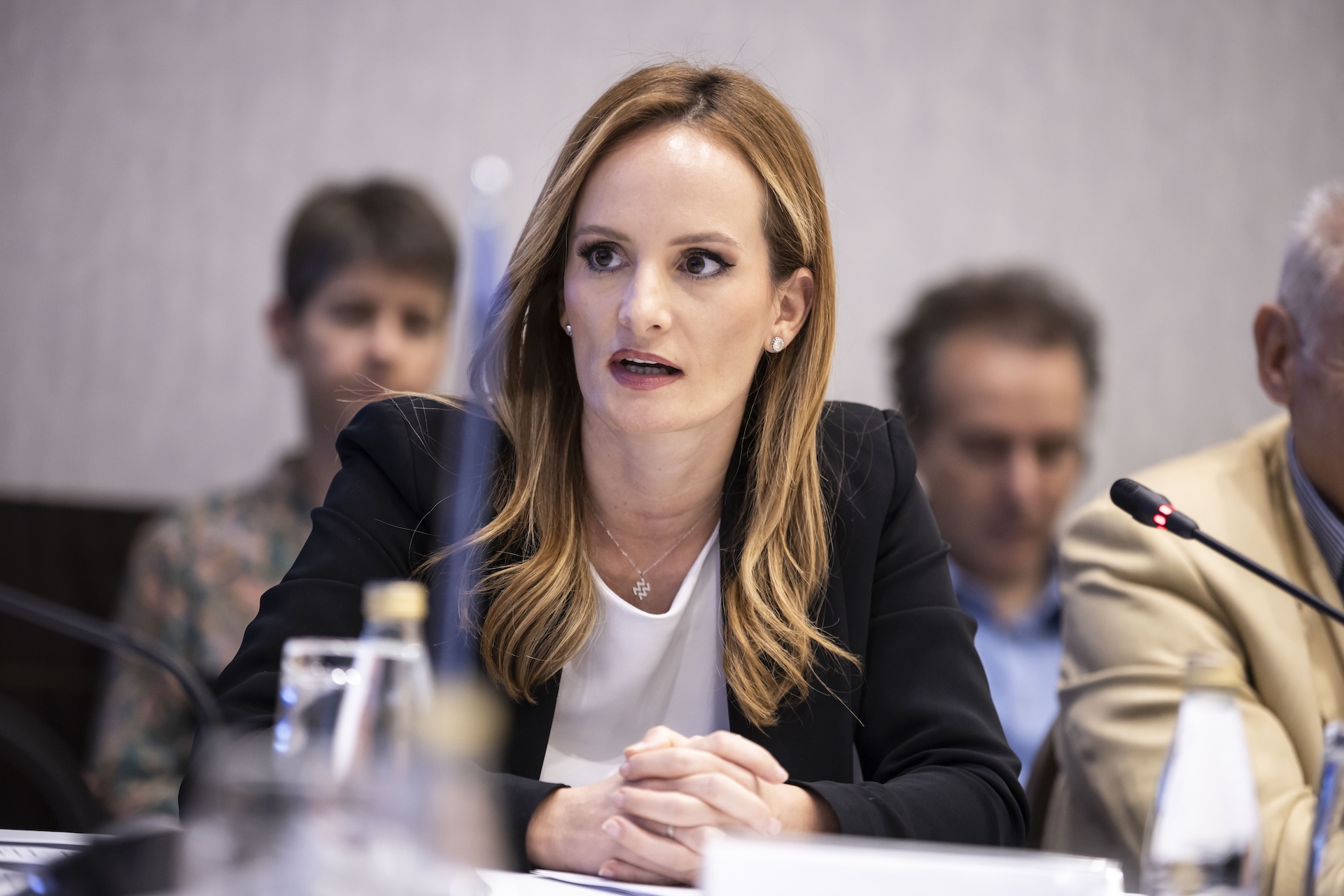
“In my opinion, this is primarily a political issue, essentially a type of political platform for the dominance of pro-Serbian political parties in Montenegro. This wouldn’t be as contentious if not for the fact that, behind these changes, there are primarily abuses of residency and manipulation of the voter structure. And we know there are absolutely no protective mechanisms in place to prevent this from happening,” Đukanović warned.
Although it might appear, as she said, that all of this is happening due to the “lack of political experience of the new political parties in Montenegro and the unqualified personnel they place in very important positions,” she nonetheless believes the truth is different: “I still think this is a matter of very deliberate and coordinated actions aimed at questioning the preservation of Montenegro’s sovereignty and statehood, marked by a great degree of arrogance and strongly evident personal and party interests of the politicians,” Đukanović concluded.
Savo Kentera, former director of the National Security Agency (ANB) and founder of the Atlantic Council of Montenegro, analyzing the national security aspect, stated that citizens with dual citizenship who work in key security institutions may pose a risk for the leakage of confidential information.
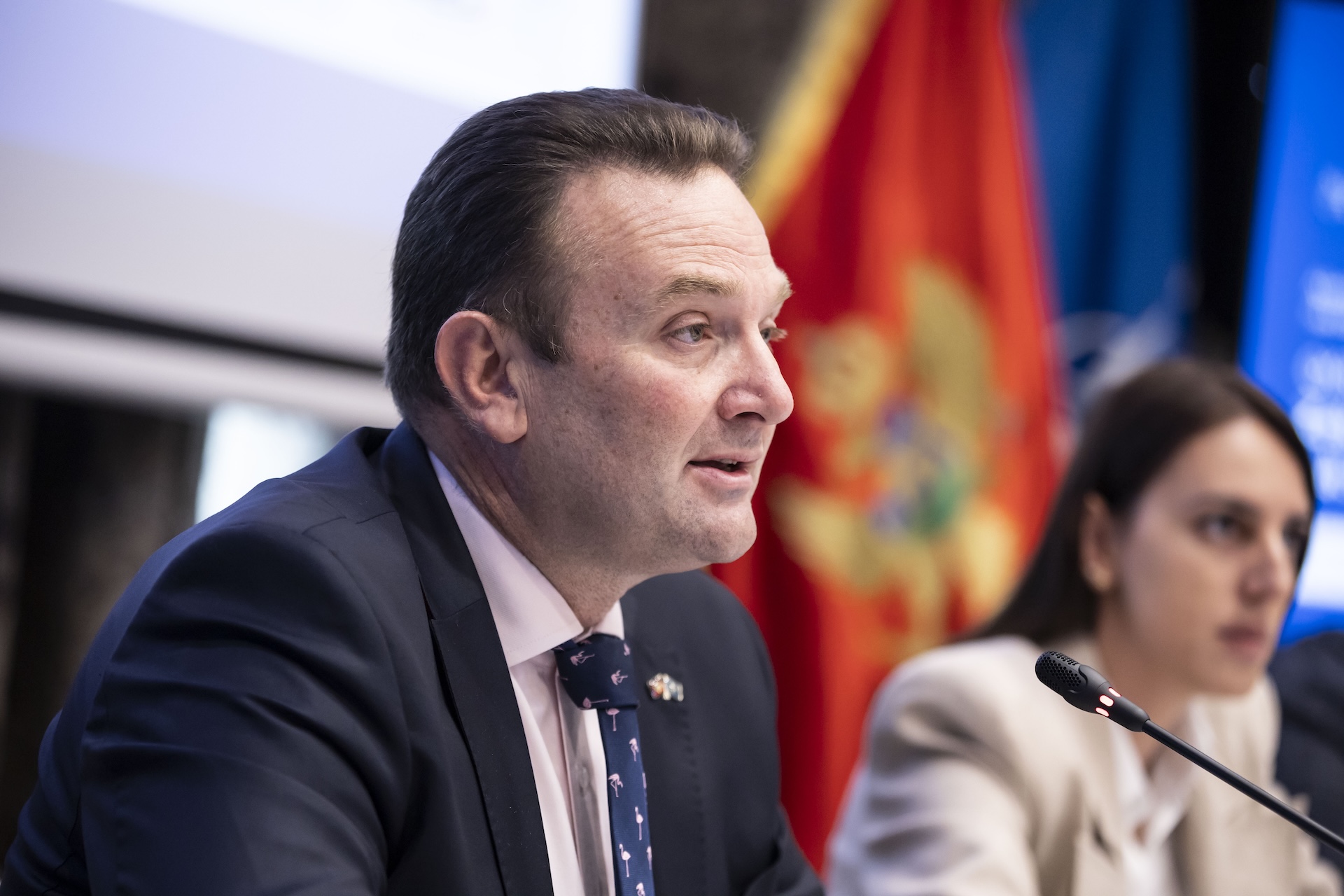
“Access to data can be misused for foreign interests, which reduces Montenegro’s resilience to external threats. The issue of vetting also arises—you can conduct certain checks within Montenegro, but whether you’ll receive responses from another country is a big question,” Kentera warned.
He also reminded that Montenegro is a member of NATO and a candidate for EU membership, and that due to the external pressure the country has been exposed to regarding dual citizenship, it is possible that its foreign policy could be completely changed.
“This is a very important segment that could place Montenegro in a position where it has to choose between NATO and EU membership, and some other option, if a certain country, whose citizens are also citizens of Montenegro, is neither a member of NATO nor the EU, nor aspires to be a member of either of these organizations,” Kentera concludes.
Furthermore, he notes, there is an increased risk of hybrid attacks from a certain country, which, through its allies in the Balkans, could further strengthen its influence through hybrid threats, primarily by spreading disinformation, political pressure, and economic sabotage.
Miloš Vukčević, a lawyer and professor at the University of the Mediterranean, noted that a misconception persists in the media: that citizenship is not linked to voting rights.
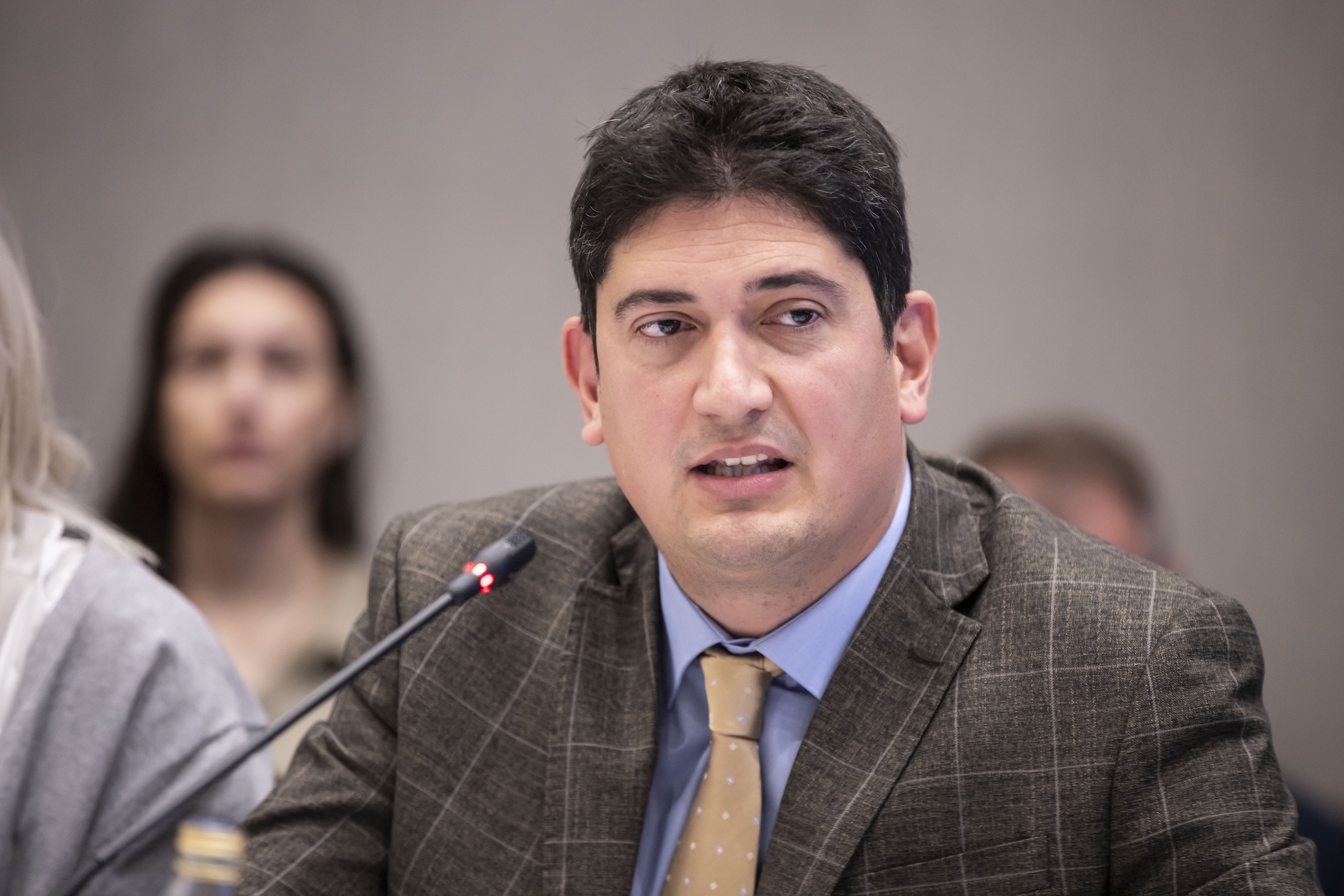
“Citizenship is a prerequisite for obtaining residency, and then residency is a condition for acquiring voting rights and registering in the voter registry. Therefore, Article 45 of the Constitution of Montenegro is clear on this, as is Article 11 of the Law on the Election of Deputies and Councilors—every adult Montenegrin citizen who has at least two years of residency in Montenegro must be registered in the voter registry,” Vukčević stated.
This, he said, would also be problematic from the perspective of the European Convention on Nationality, as it would create second-class citizens—those who would vote after ten years, as opposed to those who would vote after two years.
He also emphasizes that the state lacks adequate control mechanisms to protect against abuses.
“The best example is Šavnik, where the Ministry of Interior has all the data on Montenegrin citizens and still cannot determine who actually resides there. How will you then determine if someone resides in Serbia, Republika Srpska, or on some other part of the world, say, in America? As we’ve seen, whether Serbia and Republika Srpska will even provide the data is another matter; they only provided the data in one case, and that was for the Prime Minister,” Vukčević concluded.
Nebojša Vučinić, a professor of international law, argued that the sole aim of enacting a dual citizenship law is to weaken the Montenegrin state by granting voting rights to large numbers of people outside Montenegro with no original ties to the country.
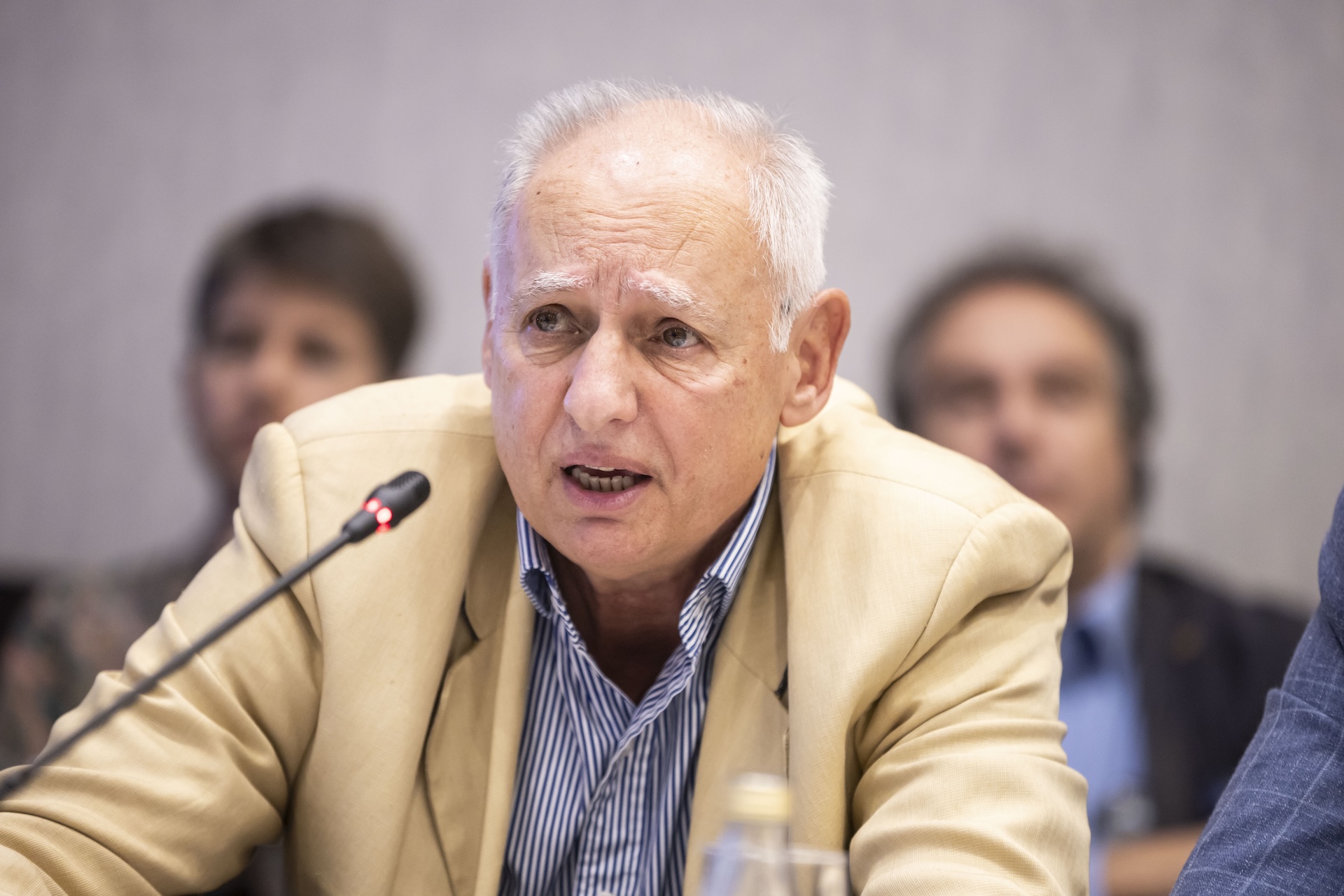
“When it comes to this issue, the alarm bells are ringing, and the relevant institutions of the state of Montenegro, the Montenegrin Academy of Sciences and Arts, the Duklja Academy, law faculties—primarily the state ones, but also others—along with professional associations of lawyers, must speak out on this matter,” Vučinić warned.
“Citizenship is not an inherent natural human right, but a discretionary authority of the state that stems from its sovereign power. Who, how, and under what conditions citizenship is granted or revoked is a sovereign right of the state,” he reminds.
The goal of such a law would be to grant citizenship to individuals who do not live in Montenegro.
“Even the agreement is highly questionable, its constitutionality is very dubious, and under the current Constitution and legal framework, such a form of dual citizenship, in my opinion, is not possible without a blatant abuse of rights,” Vučinić is categorical.
This event was organized by the Atlantic Council of Montenegro as part of a project supported by the National Endowment for Democracy (NED), with the aim of enhancing citizen participation in political processes and promoting the overcoming of political polarization in Montenegro.



